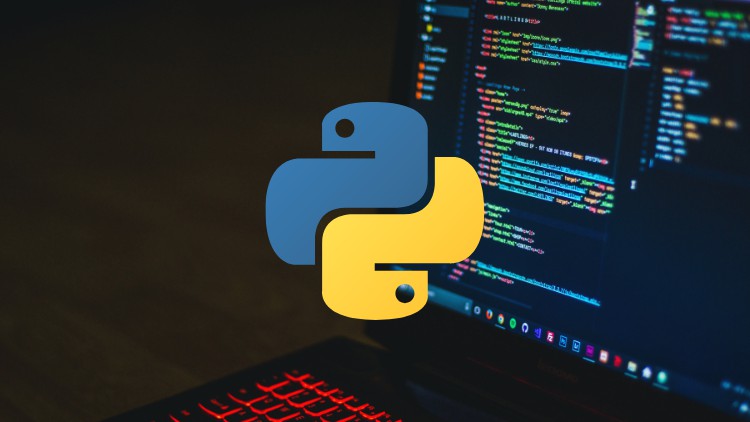Practice Tests: Crack the Python PCEP Certification Exam

Why take this course?
¡Hola! It seems like you're looking to cover a comprehensive list of Python topics that are typically part of the Python Certification from the Python Institute (PCPyE). The topics you've listed are indeed fundamental to understanding and using Python effectively. Here's a brief overview of how you can approach each of these areas:
-
Introduction to Python
- Understand the history, design principles, and applications of Python.
- Set up your development environment (IDEs like PyCharm, VSCode, Jupyter Notebooks).
-
Basic Concepts in Python
- Data types: integers, floats, strings, lists, tuples, dictionaries.
- Operators and expressions.
- Comments and docstrings for code documentation.
-
Control Flow
- Conditional statements (
if,elif,else). - Nesting conditional statements.
- The
passinstruction as a placeholder.
- Conditional statements (
-
Iterations
- Loop constructs (
while,for,range()). - Iterating over sequences like strings, lists, and tuples.
- Controlling loop execution with
breakandcontinue.
- Loop constructs (
-
Lists
- Creating and modifying lists.
- Indexing and slicing.
- List methods (
append(),insert(),index(), etc.). - List comprehensions for efficient list processing.
-
Tuples
- Understanding immutability and when to use tuples over lists.
- Constructing, indexing, and iterating through tuples.
-
Dictionaries
- Creating dictionaries.
- Iterating over dictionary keys, values, and items.
- Handling dictionary mutability.
-
Strings
- Manipulating strings with indexing, slicing, and various functions.
- Escaping sequences and multiline strings.
-
Functions
- Defining and calling user-defined functions.
- Using the
returnstatement to return values. - Handling recursion and the
Nonekeyword for no return value.
-
Organizing Code
- Understanding parameters, arguments, default parameter values.
- Managing name scopes, dealing with shadowing, and using the
globalkeyword when necessary.
-
Exception Handling
- Learning about Python's exception hierarchy.
- Writing try-except blocks to handle exceptions.
- Ordering exception handling for different types of errors.
-
Practice and Real-World Applications
- Engage in coding challenges and projects.
- Apply your knowledge to solve real-world problems using Python.
To prepare for the PCEP certification, you should practice coding regularly, as the exam will test your ability to apply these concepts practically. Additionally, it's important to understand not only how to write the code but also the underlying principles and design patterns that make Python a versatile and powerful language.
Remember, mastering these topics requires hands-on practice alongside theoretical understanding. Use resources like the official Python documentation, online coding platforms, and interactive learning environments to get the most out of your studies. Good luck with your Python journey and certification preparation!
Loading charts...